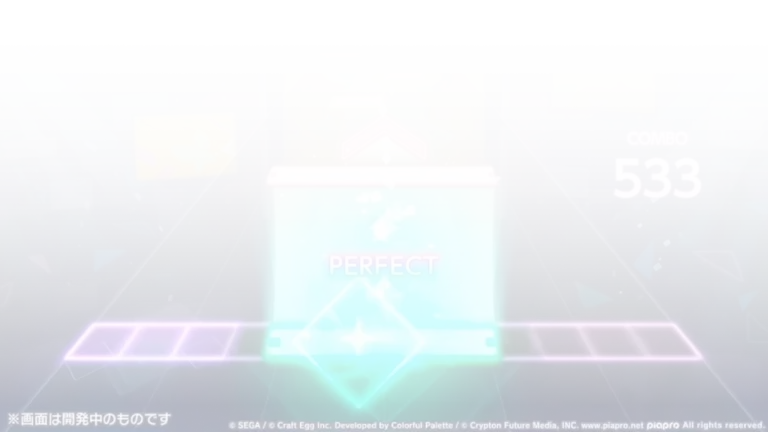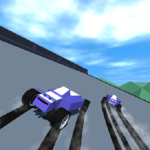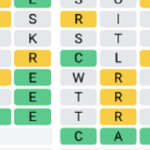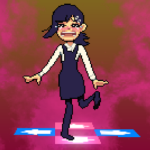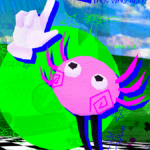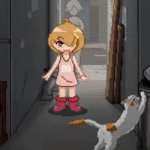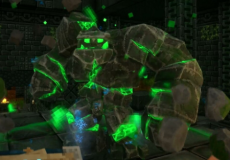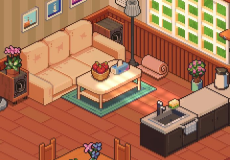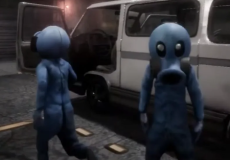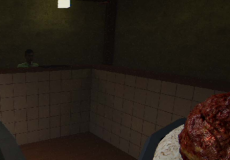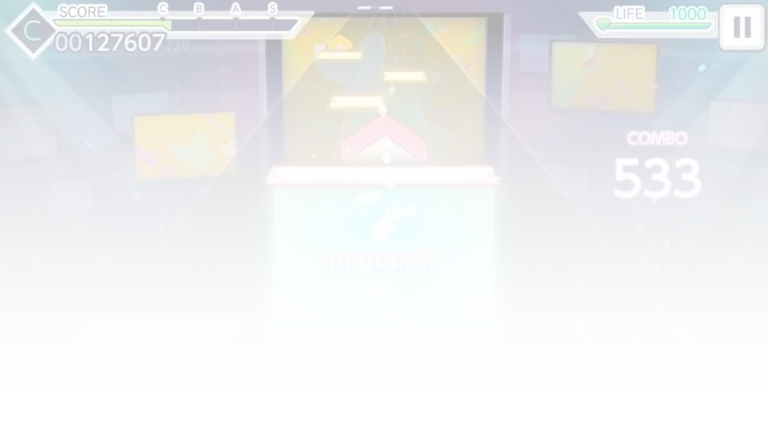
Care Of Gongon
Advertisement
Care Of Gongon begins with the player entering an empty daycare center. There are no instructions, no introductions, only a space that appears abandoned but untouched. The player takes the role of a parent who is looking for their child, moving through rooms that seem frozen in time. Every area shows signs of recent activity — art on the walls, toys on the floor — but no people remain. The objective is not given directly. The game depends on the player to decide where to go and what to do next.
Advertisement
Similiar games
Care Of Gongon begins with the player entering an empty daycare center. There are no instructions, no introductions, only a space that appears abandoned but untouched. The player takes the role of a parent who is looking for their child, moving through rooms that seem frozen in time. Every area shows signs of recent activity — art on the walls, toys on the floor — but no people remain. The objective is not given directly. The game depends on the player to decide where to go and what to do next.
Reading the Environment
The player begins by exploring classrooms, offices, and hallways. Each location offers subtle clues. There are cabinets to open, keys to collect, and objects that unlock further access. Some rooms remain locked until specific items are used, while others open as the player progresses. The game does not use dialogue or narration. All storytelling comes from how the environment is arranged and what has been left behind. Understanding the space becomes essential for making sense of what happened.
Main Features of Care Of Gongon
· First-person exploration across multiple indoor areas
· Object-based progression involving simple logic puzzles
· Environmental storytelling using placement and structure
· Minimal UI, allowing uninterrupted focus on surroundings
· No enemies or jump scares — tension comes from discovery
The game is paced slowly and deliberately, requiring attention and patience. There is no score or fail state, only forward movement and observation.
Changes Behind Familiar Doors
As the player moves through the daycare, changes begin to appear. Some rooms now contain items that weren’t there before. Certain doors, once locked, become passable. The lighting shifts slightly depending on location. These small changes suggest that the building is responding to the player’s progress, though not in obvious ways. Nothing chases or interrupts the search, but a growing sense of something watching develops as new spaces are unlocked.
A Place That Holds What Was Left
Care Of Gongon concludes without providing a complete answer. The search may reach an end, but what was lost is not fully explained. The daycare remains quiet, shaped by the path the player took and what was found. The absence of direct closure shifts the focus toward what was observed along the way. The result is a self-contained experience that allows meaning to form through movement, attention, and what the player brings to the space.
Discuss Care Of Gongon
